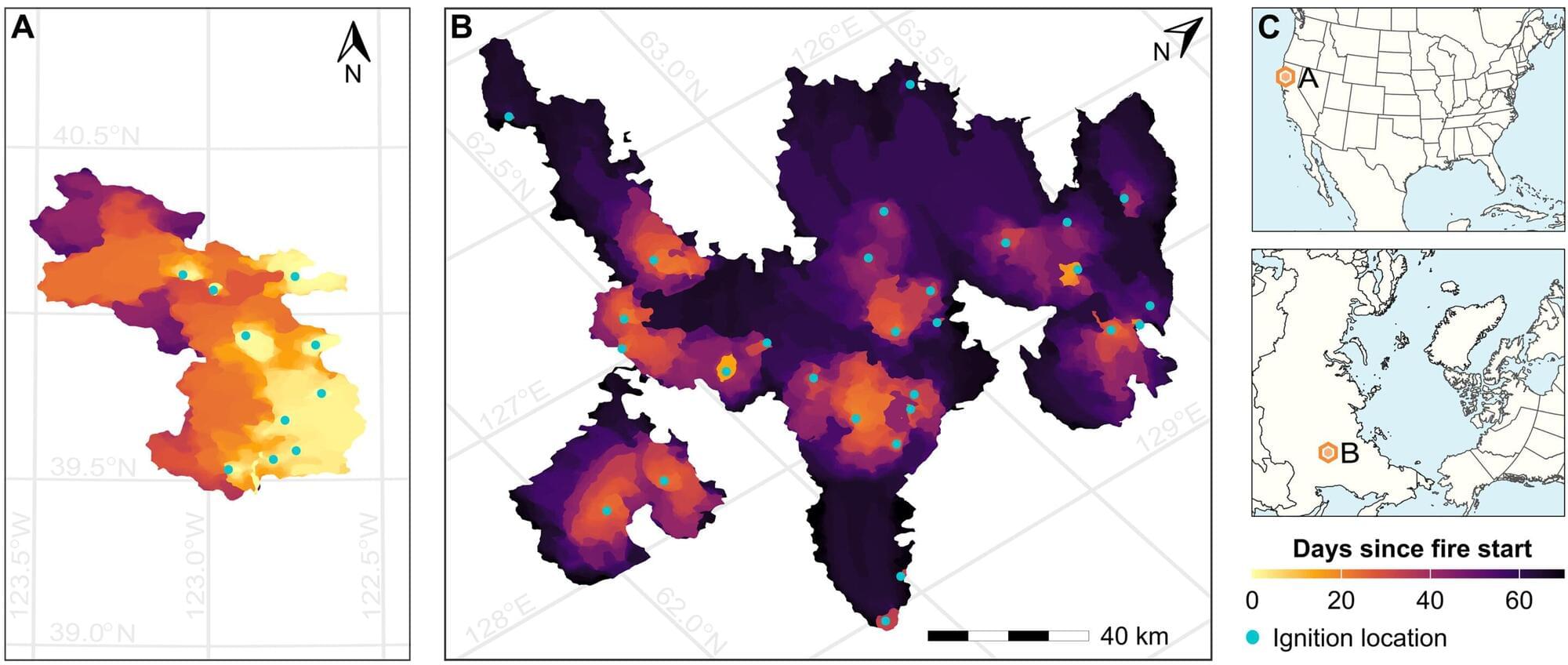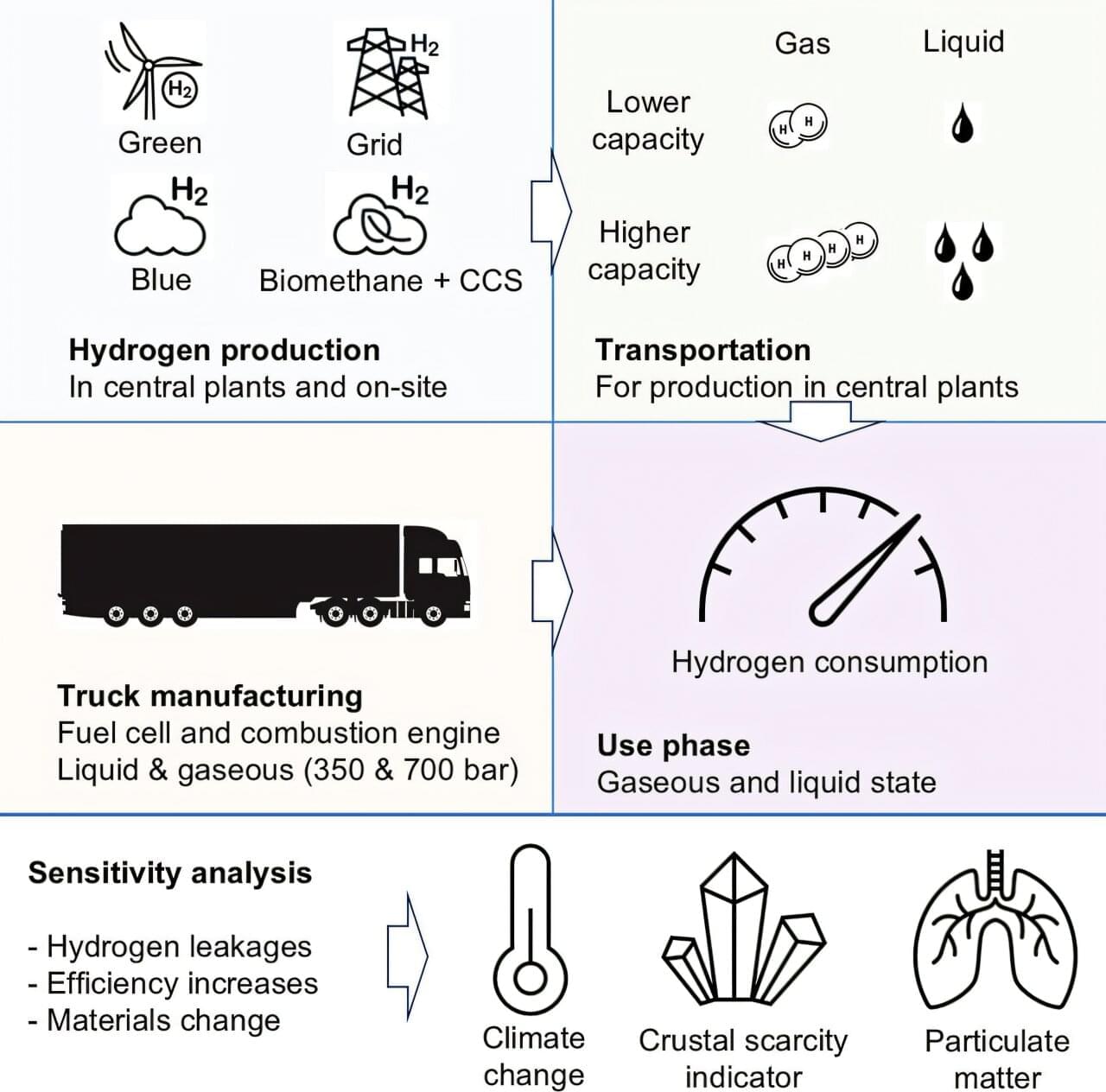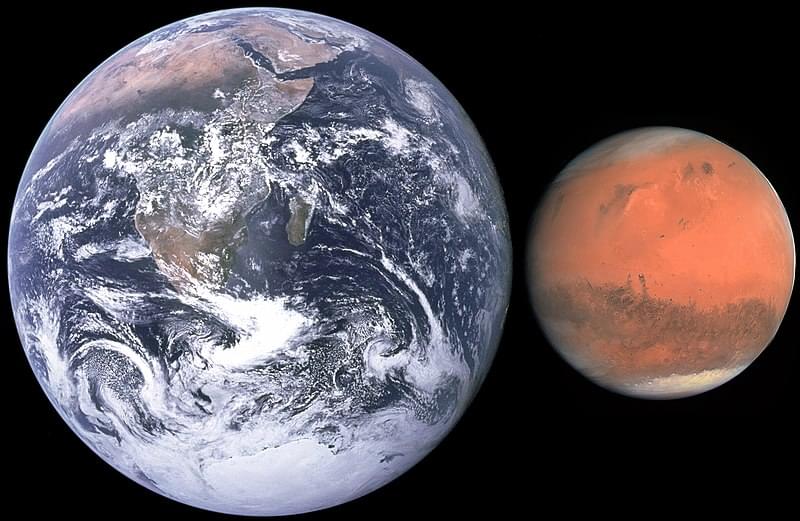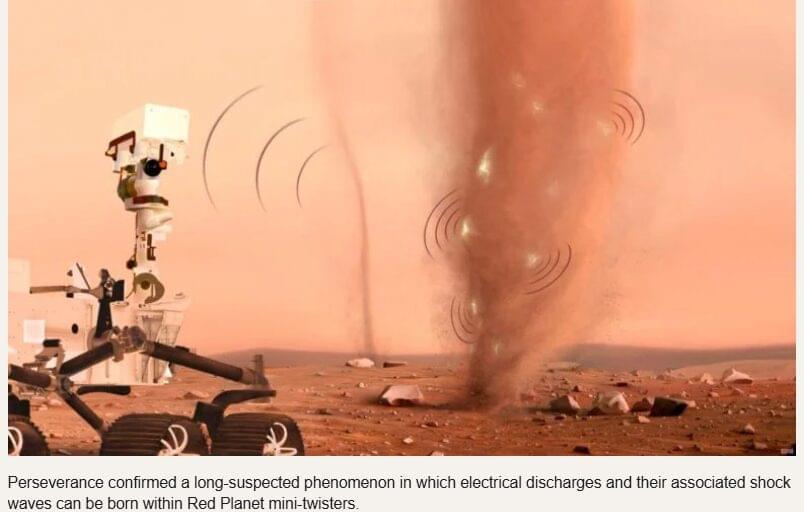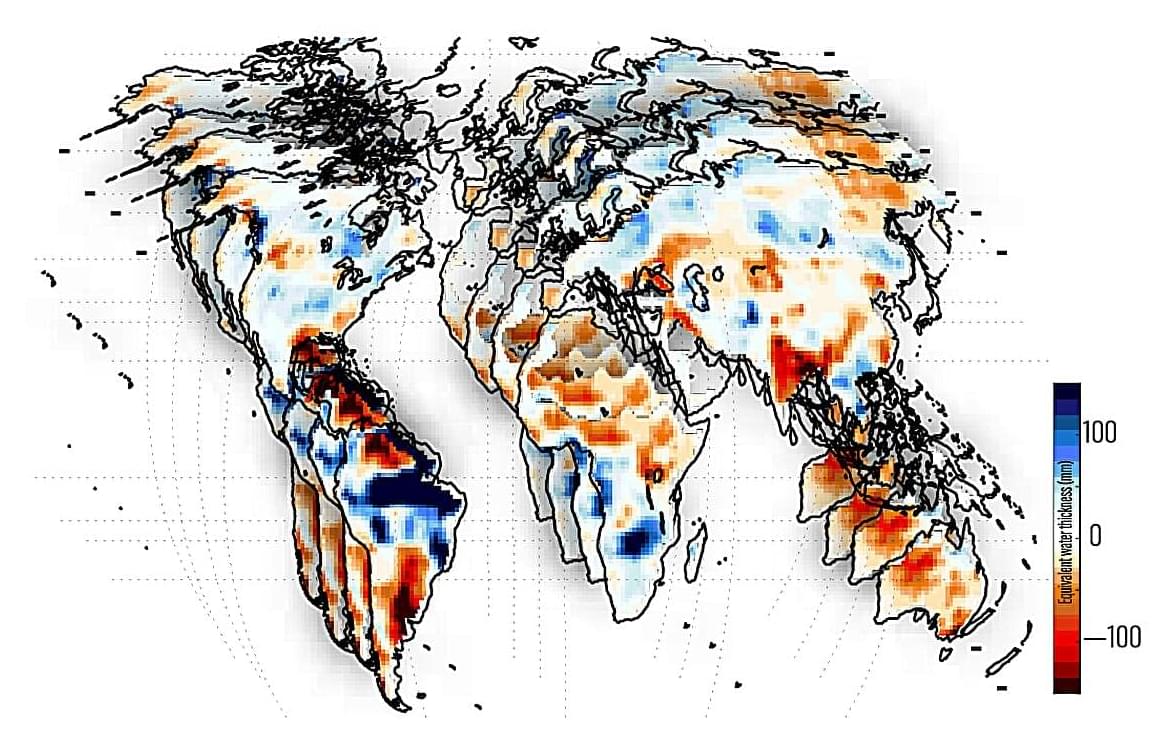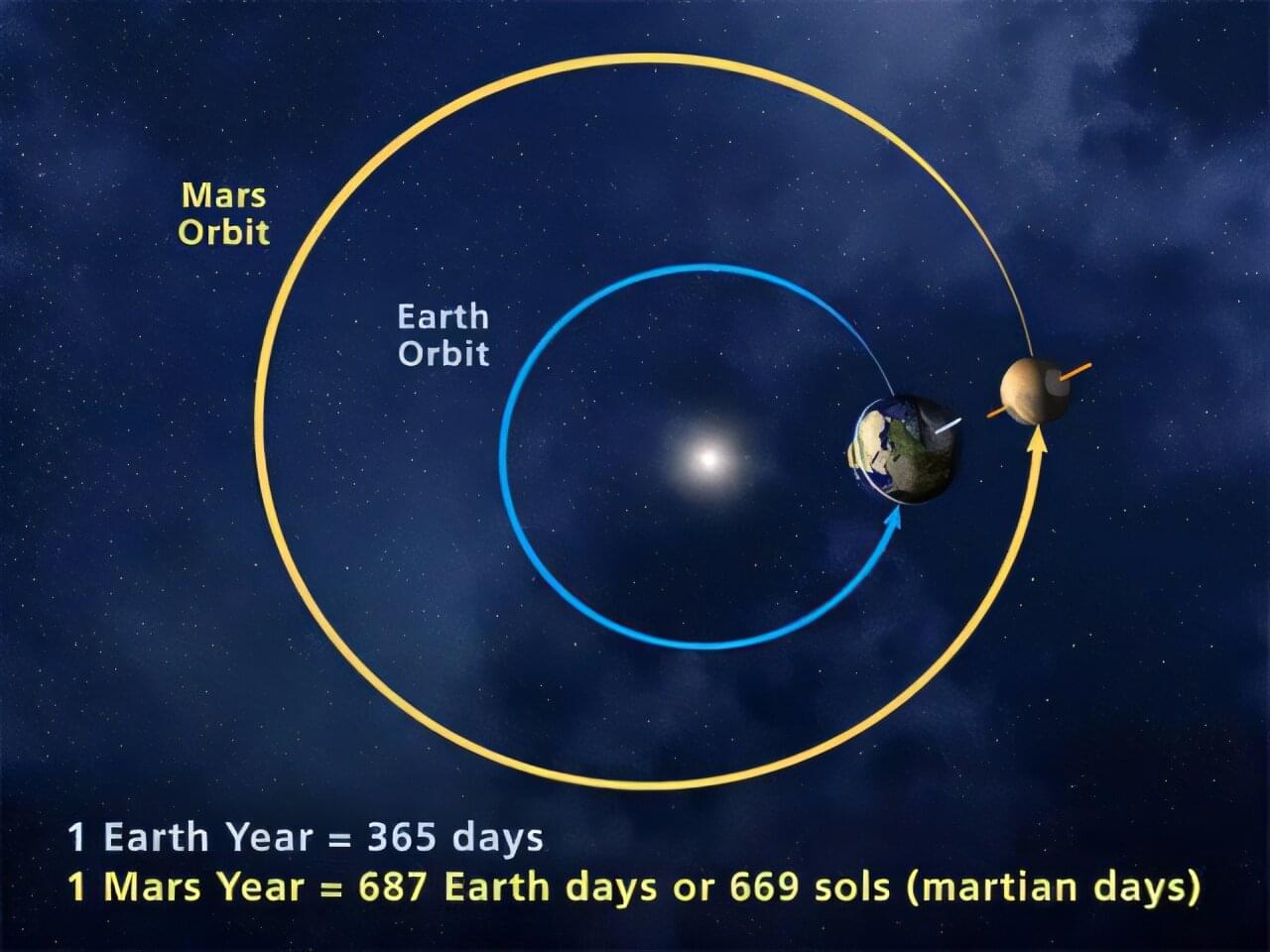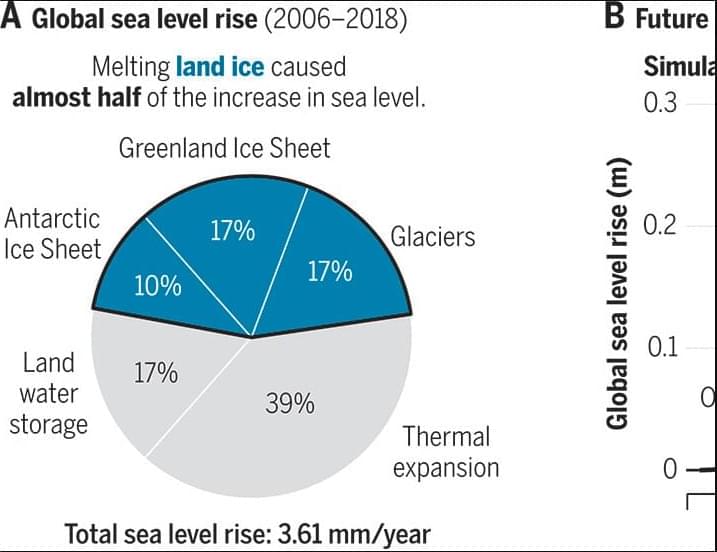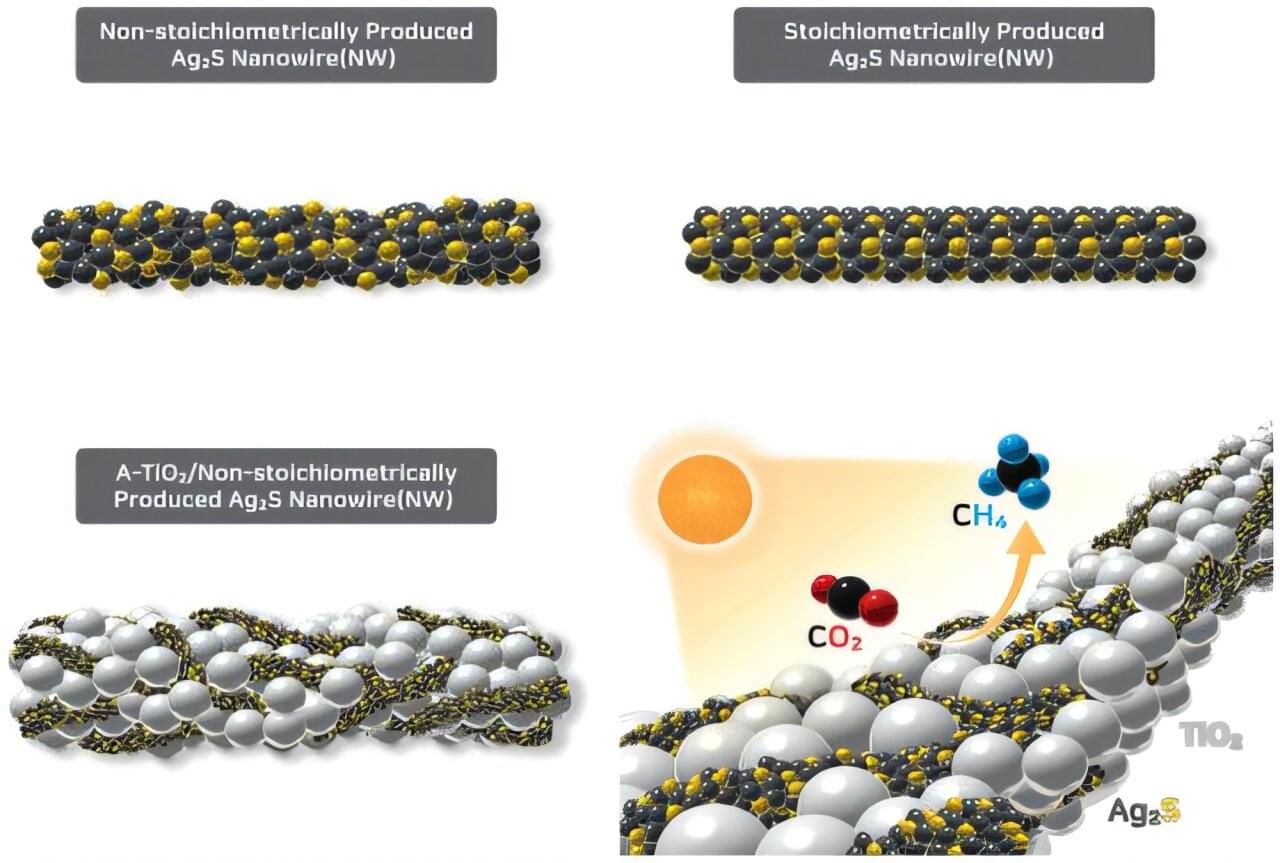An international team of scientists from South Africa, Canada, France and the UK has uncovered fossil evidence of a tiny ecosystem that helped kick-start the recovery of Earth’s oceans after a global mass extinction.
The team, led by Dr. Claire Browning, an Honorary Research Associate at the University of Cape Town (UCT), found fossilized burrows and droppings left by creatures so small they lived between grains of sand, revealing an ancient community that probably played a critical role in reviving marine life after the end-Ordovician ice age and mass extinction event. The discovery is reshaping how scientists understand early marine resilience.
The findings are published in Nature Ecology & Evolution.

